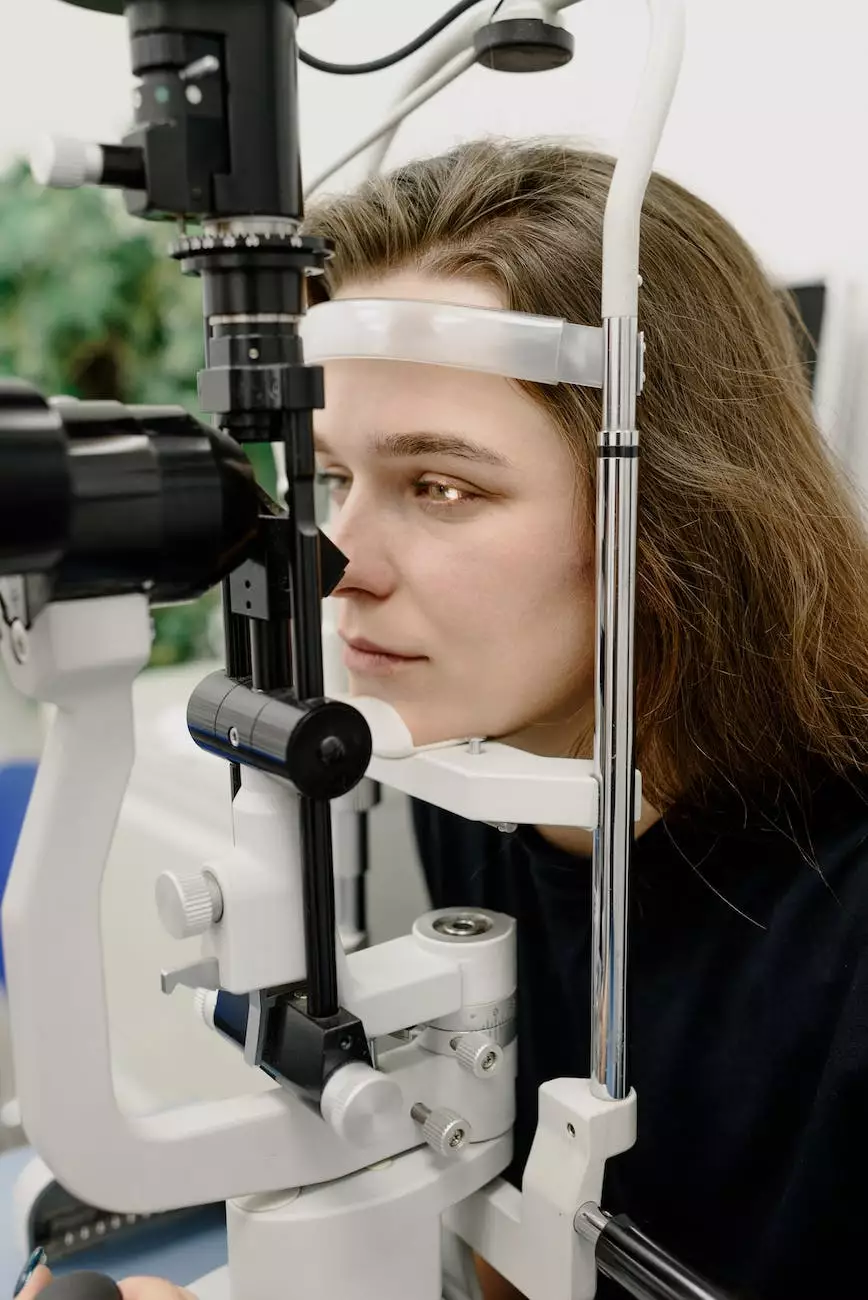How is Erectile Dysfunction Diagnosed?
Injuries
Welcome to Pain Cream Advisors, your trusted source for comprehensive information on various health conditions affecting men. In this article, we will discuss the diagnostic methods used for identifying and diagnosing erectile dysfunction, a common health concern among many men.
Understanding Erectile Dysfunction
Erectile dysfunction (ED) is a condition characterized by the inability to achieve or maintain an erection sufficient for sexual intercourse. It can have multiple causes, including both physical and psychological factors. While occasional difficulty with erections is normal, persistent or recurrent problems can indicate an underlying issue.
Importance of Proper Diagnosis
Proper diagnosis of erectile dysfunction is crucial in order to identify the underlying cause and develop an effective treatment plan. It is important to note that ED can be a symptom of an underlying health condition, such as cardiovascular disease or diabetes. Therefore, a comprehensive evaluation is necessary to address any potential underlying concerns.
Diagnostic Methods for Erectile Dysfunction
1. Medical History and Physical Examination
The first step in diagnosing erectile dysfunction involves taking a detailed medical history and conducting a physical examination. During this process, your healthcare provider will ask about your symptoms, lifestyle, and any medications you may be taking. They will also perform a thorough physical examination to assess your overall health and identify any potential underlying medical conditions.
2. Lifestyle and Psychological Assessment
In addition to the medical history and physical examination, your healthcare provider may conduct a lifestyle and psychological assessment. They will inquire about your stress levels, relationship issues, anxiety, and any other psychological factors that may contribute to your ED. Lifestyle factors such as smoking, alcohol consumption, and exercise habits will also be evaluated.
3. Blood Tests
Blood tests may be ordered to check for any potential underlying health conditions, such as diabetes, hormonal imbalances, or cardiovascular disease. These tests can provide valuable insights into your overall health and help determine the appropriate course of treatment for your erectile dysfunction.
4. Urine Tests
In some cases, urine tests may be performed to evaluate kidney function and screen for any infections or abnormalities that could be contributing to your ED. These tests help rule out any potential underlying urinary tract issues that may require further investigation.
5. Psychological Evaluation
If psychological factors are suspected to be contributing to your erectile dysfunction, a psychological evaluation may be recommended. This evaluation may involve questionnaires, interviews, and other assessment tools to help determine the impact of psychological factors on your sexual functioning.
6. Vascular and Imaging Studies
In some cases, vascular and imaging studies may be conducted to assess blood flow to the penis. These studies can help determine if there are any issues with blood vessel function and identify potential causes of erectile dysfunction. Common imaging methods include Doppler ultrasound and cavernosography.
7. Nocturnal Penile Tumescence (NPT) Test
A Nocturnal Penile Tumescence (NPT) test is a non-invasive test performed at home or in a sleep lab to evaluate nocturnal erectile activity. It involves placing a special device around the penis to measure the frequency and quality of nighttime erections. This test helps determine if the ED is psychologically or physically based.
8. Rigidity Monitoring
Rigidity monitoring involves the use of a device that measures the quality and level of penile rigidity during an erection. By assessing the rigidity, your healthcare provider can gain insights into the severity of your condition and assess the effectiveness of various treatment options.
9. Additional Specialized Tests
In some cases, additional specialized tests may be recommended depending on the suspected cause of your erectile dysfunction. These tests may include hormonal evaluations, neurological exams, or even a biopsy to assess tissue health in the penis.
Conclusion
Proper diagnosis of erectile dysfunction is essential for effective treatment. The diagnostic methods mentioned above provide valuable insights into the underlying causes of erectile dysfunction, allowing healthcare providers to create tailored treatment plans that address both the physical and psychological aspects of the condition.
If you are experiencing symptoms of erectile dysfunction, it is important to consult with a healthcare professional to determine the most appropriate course of action. Pain Cream Advisors is here to provide you with reliable information and support to help you navigate through this challenging condition. Stay informed and take proactive steps towards improving your sexual health.




